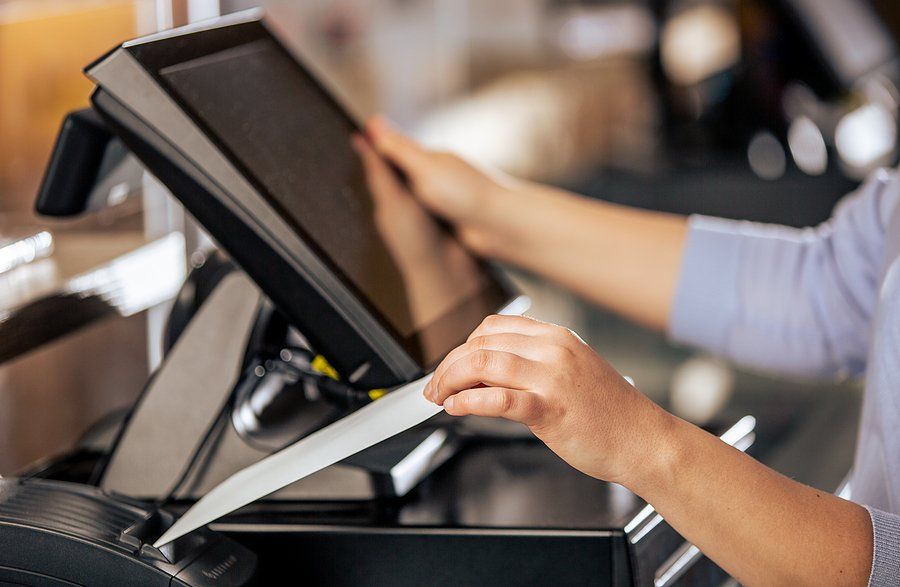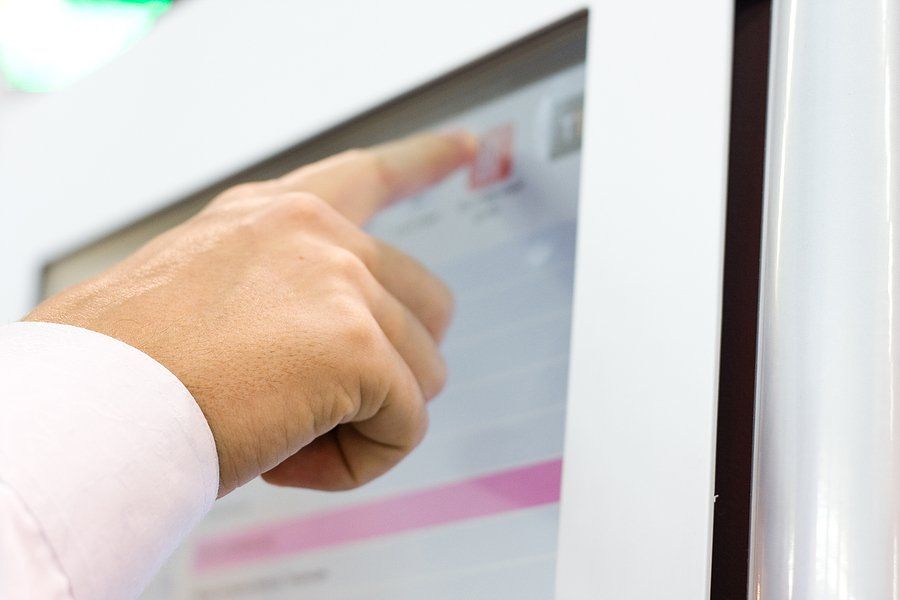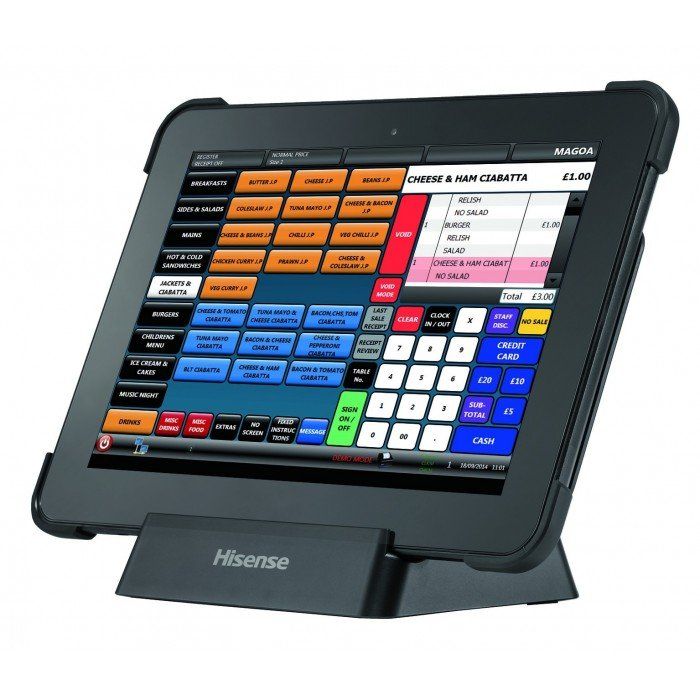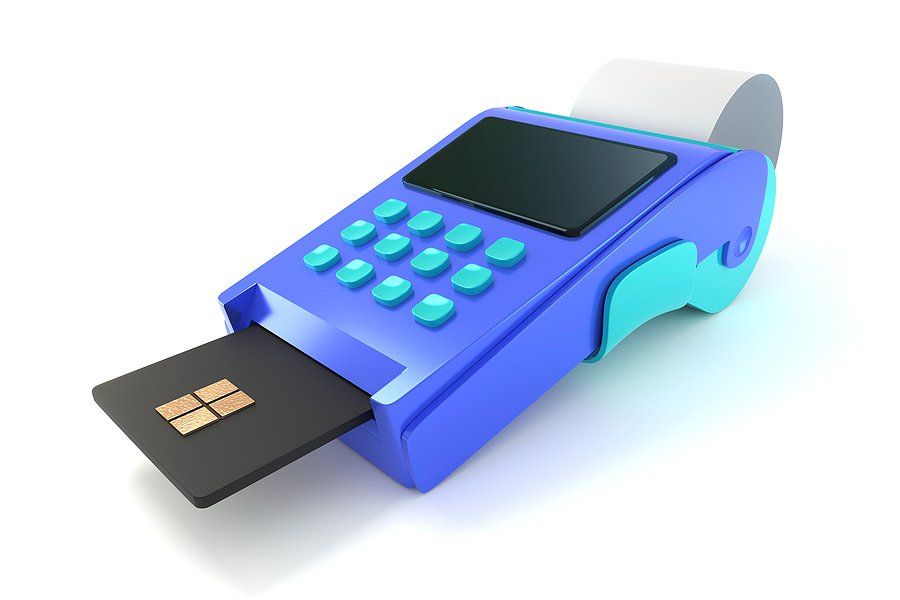
Tel: 01684 290629
email: info@pbaservice.co.uk
PBA
EPOS & Weighing Equipment
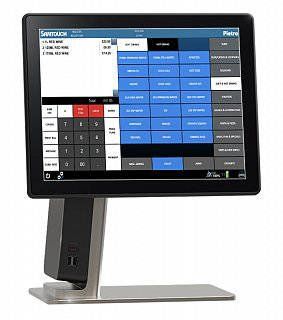
By LN067893
•
16 Dec, 2022
Because of the generally robust nature of a lot of EPOS tills , the general reasons for replacing an older, obsolete system with a new one vary more considerably than with other IT systems. Most computer systems in business tend to be upgraded roughly every five years, whilst an EPOS system can potentially run for over a decade depending on how it is maintained, taken care of and the nature of the business it is connected to. However, as with any other piece of business equipment, an EPOS system will eventually need to be replaced, and here are some telltale signs it may need to be replaced sooner rather than later. It Gets Very Slow An EPOS system of any type should make your customer service easier, more streamlined and better for the customer. If it is started to become noticeably slow or is beginning to impact your business's ability to provide outstanding customer service. A slow EPOS system can delay inventory management searches, cause issues with card payments and deal with other issues which can cost you money and reputation. It may be time to consider a new system. It Is Getting More Expensive To Service Older hardware, once it reaches the end of its initial support period, starts to get more difficult to repair or replace, requiring a lot more involved searching on the part of service engineers to find other used parts. This can start to reflect in the cost of maintenance and repairs, and eventually can reach a tipping point where the cost of replacing the system entirely is less than the cost to continue servicing and repairing the old tills and card readers. Technology Marches On The widespread adoption of Chip-And-PIN in the mid-2000s forced a lot of SMEs to quickly upgrade their EPOS systems to transition from magnetic swipe cards (sometimes known as Chip-And-Signature) to the machines we are familiar with today. A similar story happened with the transition to contactless cards and later mobile payment systems such as Apple Pay. It is not clear what the future holds for payments, but it pays to be ready to make the switch.
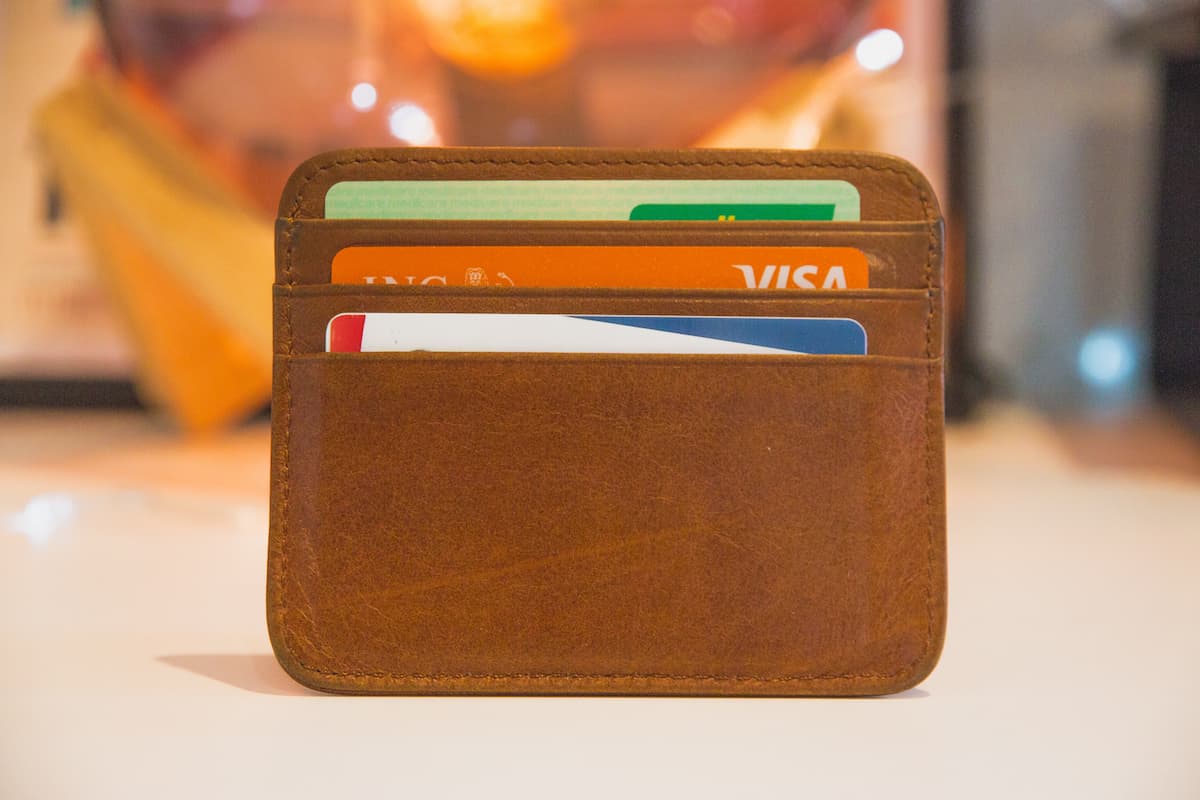
By LN067893
•
01 Dec, 2022
Many of the most important advances in EPOS till systems were initially spearheaded by the rapid rise and eventual ubiquity of a new type of payment that necessitated an advanced, digital approach to managing money. The concept of credit had been implemented on the local level for centuries before the credit card was formalised, with many stores allowing customers to buy stuff on store credit and pay for it later. Eventually, these systems would start to get formalised in the form of “charge coins” and the Charga-Plate , which were in practice store credit systems but replaced the arduous filling out of sales slips with a coin that could be stamped onto the slip. This, in turn, led to the Air Travel Card , the world’s internationally valid charge card, albeit one that could only be used to buy plane tickets, which led the way for a wave of experiments before an event that has since been described in financial circles as “The First Supper”. The first independent credit card in the world has been credited to an ill-fated meal at the Majors Cabin Grill restaurant in 1949. Frank McNamara, head of the Hamilton Credit Corporation was dining with department store magnate Alfred Bloomingdale and his attorney Ralph Sneider. After a conversation about a customer who had borrowed money to pay back debts he had accrued to department stores by allowing neighbours to borrow money from him, Mr McNamara went to pay for his meal only to find that he had forgotten his wallet, requiring him to call his wife to bring some cash to the restaurant. Vowing never to have this happen again, he developed a credit card concept that could be used at multiple locations with the card handler acting as a middleman between customers and companies. This led to the development of the Diners Club, the first-ever credit card that distributed UK cards in 1962, a year before the first American Express card in the UK and four years before the first major British credit card company, Barclaycard, developed a monopoly from 1966 until 1972.



